
Adding durvalumab to standard-of-care chemotherapy appears to improve downstaging in patients with resectable gastric cancer and gastroesophageal junction cancer in the phase 3 MATTERHORN study.

Your AI-Trained Oncology Knowledge Connection!


Adding durvalumab to standard-of-care chemotherapy appears to improve downstaging in patients with resectable gastric cancer and gastroesophageal junction cancer in the phase 3 MATTERHORN study.

Findings from the phase 3 TARGET-TP trial support a biomarker-driven primary thromboprophylaxis strategy in adult patients with lung and gastrointestinal cancers as routine care.

Rates of obesity appear to correlate with increasing incidence of cancer in young populations, according to Monique Gary, DO, MSc, FACS.

Data from the phase 2 SGNTUC-019 study support HER2 as an actionable biomarker in patients with metastatic biliary tract cancer.
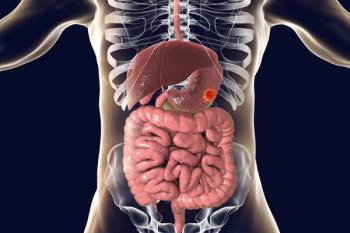
Two phase 2 studies are assessing the efficacy of BDC-1001 in several disease states, including colorectal, gastroesophageal, endometrial, and breast cancer.

Clearance of an automated immunoassay allows practices to measure chromogranin A concentration in human serum, thereby tracking disease progression in those with gastroenteropancreatic neuroendocrine tumors.
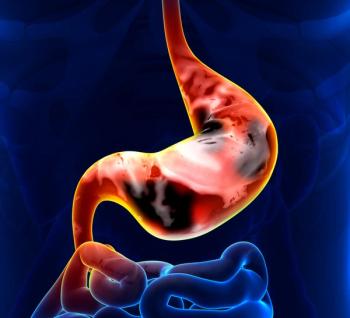
Data from the phase 3 KEYNOTE-811 trial highlight a trend towards improved overall survival among patients with HER2-positive, PD-L1–positive advanced gastric or gastroesophageal junction adenocarcinoma receiving pembrolizumab, trastuzumab, and chemotherapy.
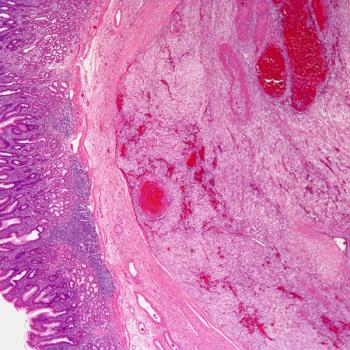
Phase 2 data support administering trastuzumab in combination with ramucirumab and paclitaxel for patients with HER2-positive gastric or gastroesophageal junction cancer.
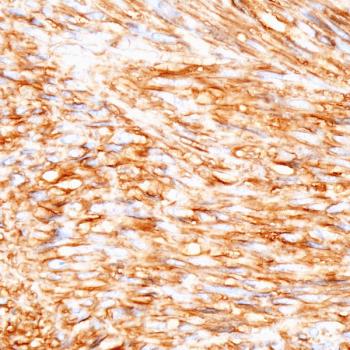
The therascreen PDGFRA RGQ PCR kit has become the first FDA-approved companion diagnostic designed to detect platelet-derived growth factor receptor alpha gene mutations.

Co-editor-in-Chief Howard S. Hochster, MD, writes about the past and present of the phase 2/3 PROSPECT trial.

Experts from University of California, Los Angeles Health and Mayo Clinic discuss key data presented at the 2023 American Society of Clinical Oncology (ASCO) Annual Meeting in the gynecologic and gastrointestinal cancer spaces and how they may impact patient care.

“We’re starting to see a lot of benefits with targeted therapies [and] immunotherapies. Unfortunately, these [benefits] remain limited to a small subset of patients across GI [gastrointestinal] [malignant tumors]. One of the biggest challenges is how to expand those benefits to the majority of patients.”

The regulatory agency has set a Prescription Drug User Fee Act date of February 7, 2024 for pembrolizumab plus chemotherapy as a treatment for patients with advanced or metastatic biliary tract cancer.
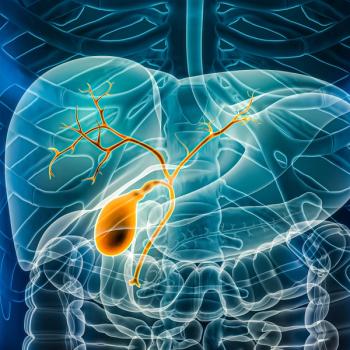
Results from the phase 2b HERIZON-BTC-01 trial show positive efficacy and safety responses in patients with locally advanced, unresectable or metastatic biliary tract cancer.
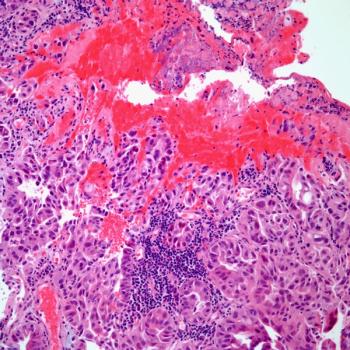
Investigators say that they do not have any safety concerns regarding GEN-001 and avelumab in patients with advanced gastric or gastroesophageal junction adenocarcinoma.
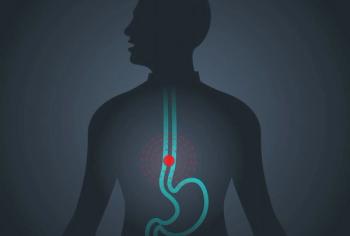
Investigators report that patients with advanced or metastatic esophageal squamous cell carcinoma may have superior overall survival benefit following treatment with tislelizumab/chemotherapy vs placebo/chemotherapy.

Patients with locally advanced unresectable or metastatic gastric or gastroesophageal junction adenocarcinoma may experience significant survival benefit following treatment with zolbetuximab.

Investigators say that liposomal irinotecan plus fluorouracil and leucovorin should be considered as a treatment option for second-line, previously treated metastatic biliary tract cancer.
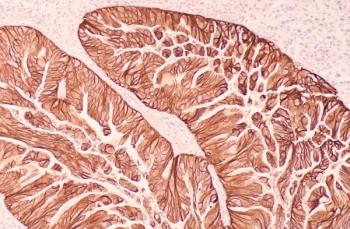
Co-editor-in-Chief Howard S. Hochster, MD, highlights the most exciting developments from the 2023 Gastrointestinal Cancer Symposium hosted by the American Society of Clinical Oncology (ASCO).

National Comprehensive Cancer Network guidelines will now include ripretinib as the ideal second-line treatment for patients with unresectable/metastatic gastrointestinal stromal tumors who are intolerant to sunitinib.
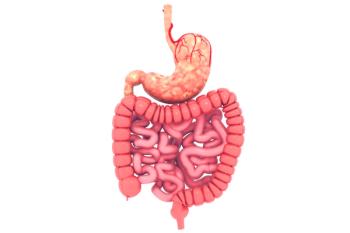
In a meeting with the FDA’s Oncologic Drugs Advisory Committee experts discussed findings that have read out with regard to dostarlimab for patients with mismatch repair deficiency/microsatellite instability–high locally advanced rectal cancer.

Data from the final analysis of the phase 3 KEYNOTE-966 trial indicate that pembrolizumab plus chemotherapy yields improvements in overall survival compared with chemotherapy alone in patients with advanced biliary tract cancer.

Data from a ctDNA analysis of the phase 3 INTRIGUE study indicate that KIT mutational status may be associated with response to certain Tyrosine kinase inhibitors in GIST, according to an expert from the Yale Cancer Center in New Haven, Massachusetts.

An expert from the Smilow Cancer Hospital and Yale Cancer Center indicates that findings from the ctDNA analysis of the phase 3 INTRIGUE study were “provocative” and that the subsequent phase 3 INSIGHT study has the potential to be practice changing should data be positive.
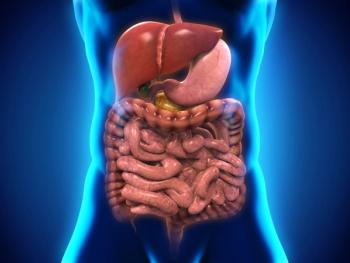
Findings from a phase 2 trial indicate that CTX-009 plus paclitaxel may produce an encouraging responses in patients with advanced biliary tract cancer, according to investigators.